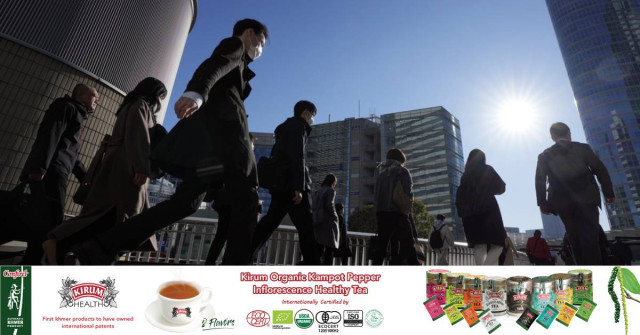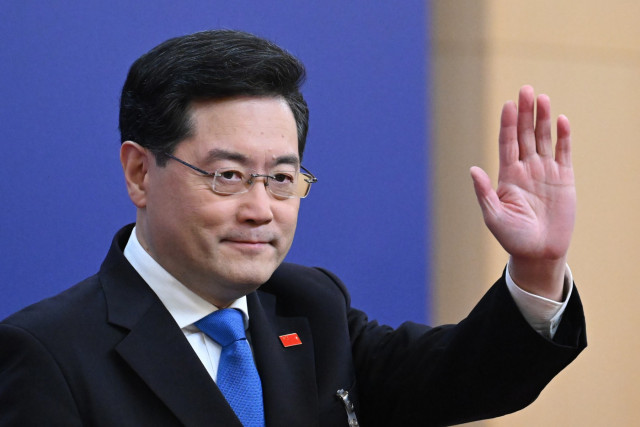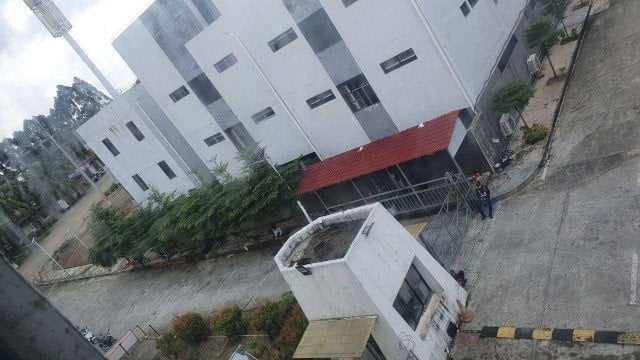Human Development: Equal Opportunities, Essential Driving Force for “Inclusive” Growth

- By Cambodianess
- March 10, 2024 10:00 AM
A fast economic growth but persistent disparities intensified by the COVID-19 pandemic and “disruptive factors.” This is how the Asia-Pacific region was painted in broad strokes in the 2024 Regional Human Development Report of the United Nations Development Programme (UNDP), which was presented in Phnom Penh by the UNDP during an event on March 7.
Regarding Cambodia, the report stressed the country’s remarkable progress in the promotion of human development, according to a UNDP press release on the event. “Between 1990 and 2021, the country's income per capita increased fourfold, life expectancy rose by more than 14 years, and mean years of schooling grew from 2.4 to 5.1 years on average,” the report stated. “As a result, Cambodia's Human Development Index (HDI) increased by 56.9 percent, placing the country in the medium human development category.”
Starting from virtually zero in the 1990s, the country has reaped the benefits of the return of peace since the end of the first decade of the 21st century and has experienced economic-growth catch-up. After the development-assistance funds provided by Western countries in the 1990s and the opening of their markets under preferential conditions, this economic growth has been supported by the massive investments of the Chinese older brother, enabling to reduce by half the number of poor people in the country—going from 5.6 million in 2014 to 2.8 million during the 2021-2022 period.
Regarding the future, Alissar Chaker, UNDP resident representative in Cambodia, said, according to the UNDP press release, “[a]s Cambodia gears up to implement the Pentagonal Strategy, it stands to gain from a more integrated development approach that puts people first, delivers smart, inclusive and sustainable growth avoiding irreversible trade-offs between economic competitiveness, social cohesion or natural assets protection.”
Vongsey Vissoth, permanent deputy prime minister and minister in charge of the Office of the Council of Ministers, said during the event, “Cambodia is on the right track to promote human capital development with adaptability and agility for both public and private sectors with high political commitment.”
To summarize, on paper, social and economic development perspectives as well as intent supporting development converge to build a bright future.
However, when the strength of networks prevails over merit to move forward in society and inequalities continue to exist regarding access to education, would it not be inconsistent to think that the success of some is enough, through trickle-down effect, to relieve the frustrations of others. Development promoted by the United Nations does not only come down to figures on economic growth and revenues, but also involves including everyone in social functioning. Working towards equal opportunities then becomes a necessity and an urgency to ensure social harmony.















